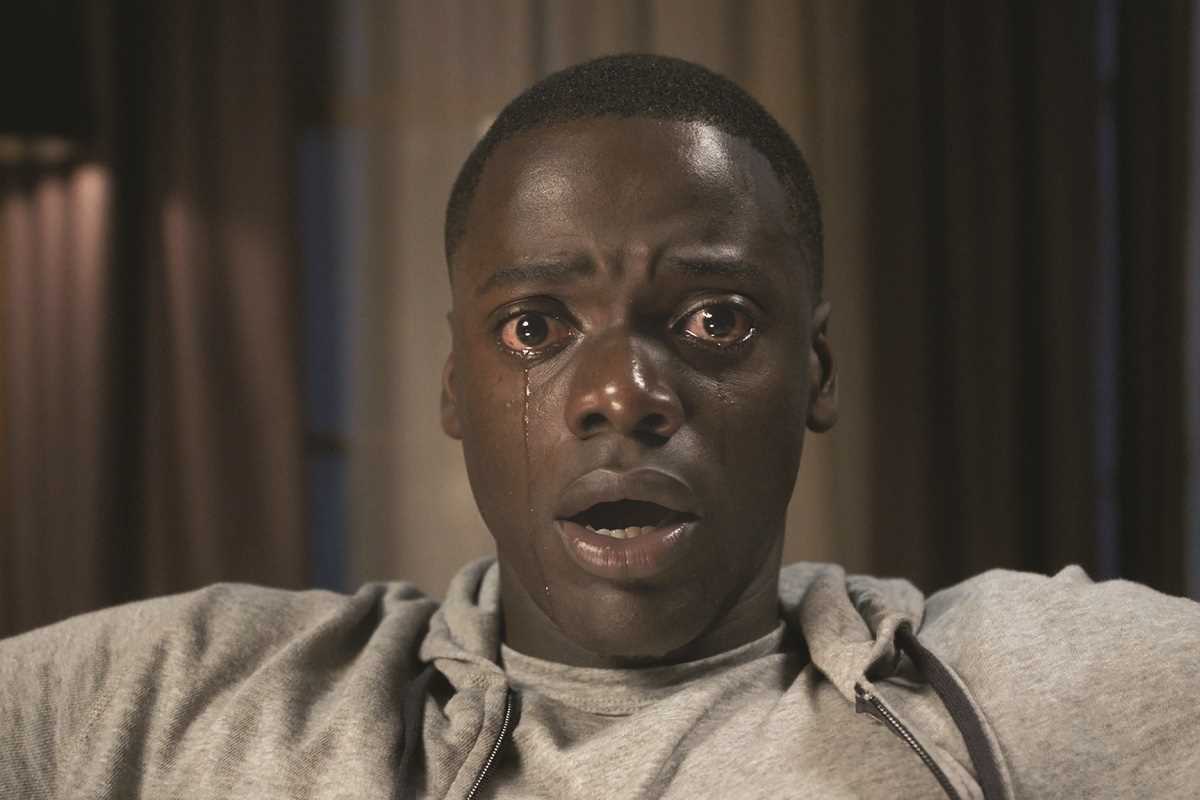True crime documentaries have become a cultural phenomenon, captivating audiences with their deep dives into real-life mysteries, injustices, and chilling criminal cases. More than just entertainment, these documentaries offer a platform for exploring complex social issues, exposing corruption and legal failings, and examining the darkest aspects of human nature. They offer a glimpse into the real-world consequences of crime, reminding us that behind every story are real victims, families, and communities.
Here, we'll explore some of the most compelling true crime documentaries that have left a lasting impact, considering both their merits and potential drawbacks. From courtroom dramas to investigative exposes, these films have sparked important conversations and shed light on some of the most fascinating and disturbing cases in recent history.
Making a Murderer (2015–2018)
- Creators: Laura Ricciardi and Moira Demos
- About: This groundbreaking Netflix docuseries follows the case of Steven Avery, a Wisconsin man wrongly convicted of sexual assault and later exonerated after 18 years. His subsequent accusation of murder and controversial trial raise serious questions about the American justice system, police misconduct, and the potential for wrongful convictions. The series became a cultural touchstone, sparking widespread debate about the fairness of the legal system.
- Considerations: While the series highlighted potential flaws in the system, it also faced criticism for potentially biased storytelling and omitting crucial details of the case.
The Jinx: The Life and Deaths of Robert Durst (2015)
- Director: Andrew Jarecki
- About: This chilling HBO miniseries investigates the life of Robert Durst, a wealthy real estate heir linked to multiple unsolved murders. Through interviews, reenactments, and never-before-seen footage, the series paints a portrait of a man who evaded justice for decades. The most shocking moment comes in the final episode when Durst, seemingly unaware that his microphone is still on, mutters an apparent confession. This moment of raw, unplanned revelation cemented the series' place in true crime history.
- Considerations: While the "confession" was dramatic, some questioned its admissibility as evidence and the ethics of capturing such a private moment.
Wild Wild Country (2018)
- Directors: Maclain and Chapman Way
- About: Focusing on the controversial Rajneeshpuram community in 1980s Oregon, this Netflix series chronicles the rise and fall of the followers of Bhagwan Shree Rajneesh. The documentary explores the tension between the cult-like group and the local residents, highlighting issues of religious freedom, political corruption, and even bioterrorism. The series offers a fascinating look at the dynamics of power, belief, and community conflict.
- Considerations: The series has been criticized for potentially romanticizing the Rajneeshees and downplaying the harm caused by their actions.
The Keepers (2017)
- Director: Ryan White
- About: This haunting Netflix series investigates the unsolved murder of Sister Cathy Cesnik, a Baltimore nun and high school teacher, and the disturbing allegations of abuse and cover-ups within the Catholic Church. As former students come forward with claims of sexual abuse by a priest, the documentary uncovers a shocking conspiracy that still leaves many questions unanswered. The series highlights the courage of survivors coming forward and the systemic failures that allowed abuse to persist.
- Considerations: The series deals with sensitive and disturbing subject matter, and some viewers may find it emotionally challenging.
Amanda Knox (2016)
- Directors: Rod Blackhurst and Brian McGinn
- About: This Netflix documentary revisits the murder case of Meredith Kercher, a British student in Italy, and the subsequent conviction and acquittal of American student Amanda Knox and her then-boyfriend Raffaele Sollecito. The film raises important questions about media sensationalism, flawed forensic science, and the presumption of innocence, making it an eye-opening look at how justice can be influenced by public opinion. The documentary explores the complexities of the case and the lasting impact on those involved.
- Considerations: The film has been criticized for its focus on Amanda Knox, potentially overshadowing the victim, Meredith Kercher.
Paradise Lost: The Child Murders at Robin Hood Hills (1996)
- Directors: Joe Berlinger and Bruce Sinofsky
- About: This HBO documentary examines the case of the "West Memphis Three," three teenagers convicted of the brutal murders of three young boys in Arkansas. The film exposes the lack of evidence, coerced confessions, and community hysteria that led to their wrongful convictions. Paradise Lost played a crucial role in bringing attention to the case and ultimately contributed to the men's release after nearly two decades in prison. The film is a powerful example of the impact documentaries can have on the justice system.
- Considerations: The film is emotionally disturbing due to the nature of the crime and the depiction of the teenagers' ordeal.
Evil Genius: The True Story of America's Most Diabolical Bank Heist (2018)
- Directors: Barbara Schroeder and Trey Borzillieri
- About: This Netflix series tells the bizarre true story of a pizza delivery man who was forced to rob a bank with a bomb strapped to his neck. As authorities investigate, they uncover a tangled web of conspiracies, manipulations, and eccentric criminals. The documentary keeps viewers on edge as it reveals one shocking twist after another. The series delves into the psychology of the individuals involved and the strange circumstances surrounding the crime.
- Considerations: The series has been criticized for its focus on the sensational aspects of the case, potentially overshadowing the victim and the seriousness of the crime.
Conversations with a Killer: The Ted Bundy Tapes (2019)
- Director: Joe Berlinger
- About: This Netflix series provides chilling insights into the mind of one of America's most infamous serial killers, Ted Bundy. Through archival footage, interviews, and Bundy's own recorded confessions, the documentary attempts to unravel the psychology of a manipulative and sadistic killer. For true crime enthusiasts, The Ted Bundy Tapes is a must-watch look at one of history's most disturbing criminals. The series explores Bundy's ability to charm and manipulate those around him, highlighting the dangers of charisma.
- Considerations: Some argue that the series potentially glorifies Bundy and his crimes, despite its intention to understand his psychology.
The Trials of Gabriel Fernandez (2020)
- Director: Brian Knappenberger
- About: This heart-wrenching Netflix documentary examines the tragic case of Gabriel Fernandez, an eight-year-old boy who suffered extreme abuse at the hands of his mother and her boyfriend. The series highlights the failures of social services, law enforcement, and the court system in protecting vulnerable children, sparking outrage and calls for systemic reform. The documentary is a powerful indictment of systemic failures and the urgent need for child protection reform.
- Considerations: The series is emotionally devastating due to the graphic depiction of child abuse.
The Menendez Brothers (2024)
- Director: Netflix Studios
- About: This recent Netflix documentary revisits the infamous case of Lyle and Erik Menendez, who were convicted of murdering their wealthy parents in 1989. The film takes a fresh look at their defense, which claimed they acted out of fear after years of alleged abuse. Featuring new interviews, including previously unheard audio from the brothers themselves, the documentary raises questions about whether they were victims or cold-blooded killers. The series re-examines the evidence and explores the complexities of the case, challenging viewers to reconsider their preconceived notions.
- Considerations: As with any case involving claims of abuse, the documentary raises complex questions about victimhood, culpability, and the legal system's ability to discern the truth.
True crime documentaries have a profound impact on public perceptions of justice, crime, and law enforcement. They can expose systemic flaws, shed light on overlooked cases, and even contribute to legal reforms. However, they also raise ethical concerns, particularly regarding privacy, media bias, and the potential for sensationalism. The line between informing the public and exploiting tragedy can be thin. As such, it is important to approach true crime documentaries with a critical eye and an understanding of the complexities involved.
.png)



.jpeg)
.png)
.png)
